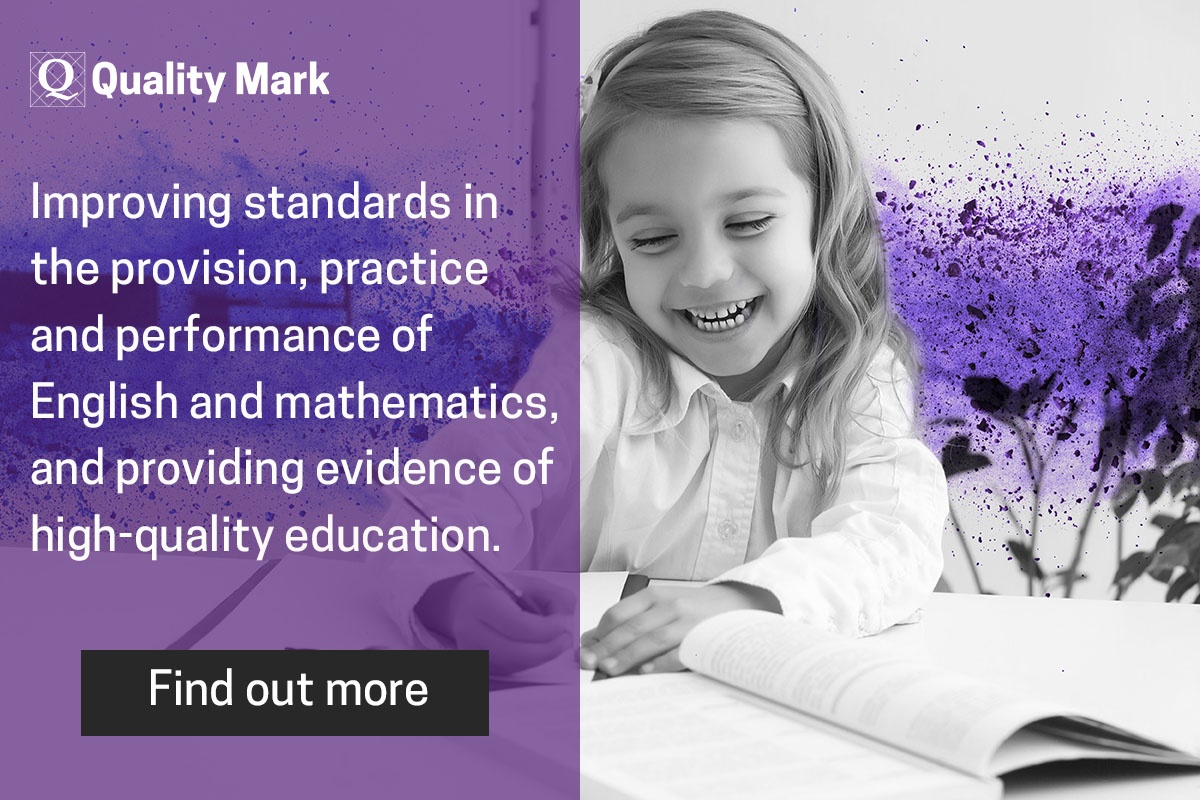10 ways to improve literacy and numeracy skills in Primary Schools
Primary Schools, or more specifically the people working in Primary Schools, make such a difference to young people’s lives. Fine motor, gross motor, and sensory development skills along with social and emotional learning competencies, are the foundations to adult life.
Getting young children passionate and enthused about literacy and mathematics can sometimes be problematic, so here are 10 ways to improve literacy and numeracy skills in your Primary School.
1. Listen to 'the pupil voice'
Listening to your children whilst achieving the national curriculum objective is number one on our list. Allow your pupils to make creative choices in their learning and encourage them through coaching to identify their own learning needs. Your pupils will tell you what interests them, then it’s up to you to embed learning into their interests.
2. Let the children build a business enterprise
Buying, selling, supply chain, sales, marketing and finance are all job roles that can be undertaken by little people. Get them to write an application for the jobs they want, whilst building teams that sell, earn, and run profitable businesses. Teaching children the value of things, the importance of applying ideas, commitment and execution of strategy are all valuable skills that allow children to learn whilst having fun and thinking practically.
3. Encourage literacy at home
Get parents and responsible adults involved, challenge the children (and adults) to read in unconventional places (on a fairground ride, on top of the washing machine, or in the shed!?) … the children should take photos and write their account of it (along with synopsis of their chosen story). Family literacy nights are also important, encourage parents to promote the books they used to love as children, and all read them together.
4. Fit bodies and minds
Incorporate physical activity and the great outdoors with your literacy and maths. Count running laps of the playground, work out how many laps are in a mile, measuring out metre lunges or how many star jumps can be achieved in 30 seconds. Likewise, embrace dynamic adaptive learning techniques, such as a nature walk to collect objects that form an acrostic poem. Get them out, get them learning, get them having fun.
5. Build things
Using fine and gross motor skills to build something with a practical purpose i.e. a bench, bird seed table or herb garden is not only a bonding experience for peers and friends, but an application of real life skills such as exact measuring, counting, twisting clockwise and anticlockwise; with a visible output and a real-world purpose that the children can evidence and be proud of.
6. No budget, no problem
Negotiation, persuasive writing, creative problem solving. Ask the children what they would most like to see in the school playground and get them to come up ideas as to how they might get it, think of a name, produce purchase costings, a budget (if any), and write instructions for use i.e a herb garden, mud kitchen, sand trays, reading huts, a phonics bus, a reading rocket, an upside down fountain – let their imaginations run riot – if they can work out a way to make it happen, who knows where you could end up!
7. Practice that feels like play
Engage children in their own, personalised learning and inspire out of the box thinking with imaginative play. Encourage the pupils to think about the job they would most like to do as an adult. What research do they need to undertake? What sort of questions might they need to ask? How will they work out their weekly salary? Self-directed activity, hands-on learning and collaborative play make learning fun and pupils often take greater responsibility for their own learning.
8. The element of competition
Some children, statistically boys, struggle with the concept of poetry, but have no problem with writing raps and lyrics. Why not have a rap battle? Exploit the power of story, rhyme, drama and song to fire children’s imagination and interest (boys as well as girls).
9. Be brave
Staff need to be empowered with confidence to make their own founded professional decisions, to innovate and experiment with the creative approaches that can be taken in learning and the confidence to take risks, buck the trend and try something new. Setting up a safe environment to do so will help to reduce any associated risks but be brave. Nothing changes whilst staying the same.
10. Learn from others
Listening and learning from others is a key skill instilled into small people and one that adults should heed. Visit other schools, bring in the professionals and don’t be afraid to sponge ideas from all areas of life!
TOPICS:
SHARE THIS ARTICLE:




